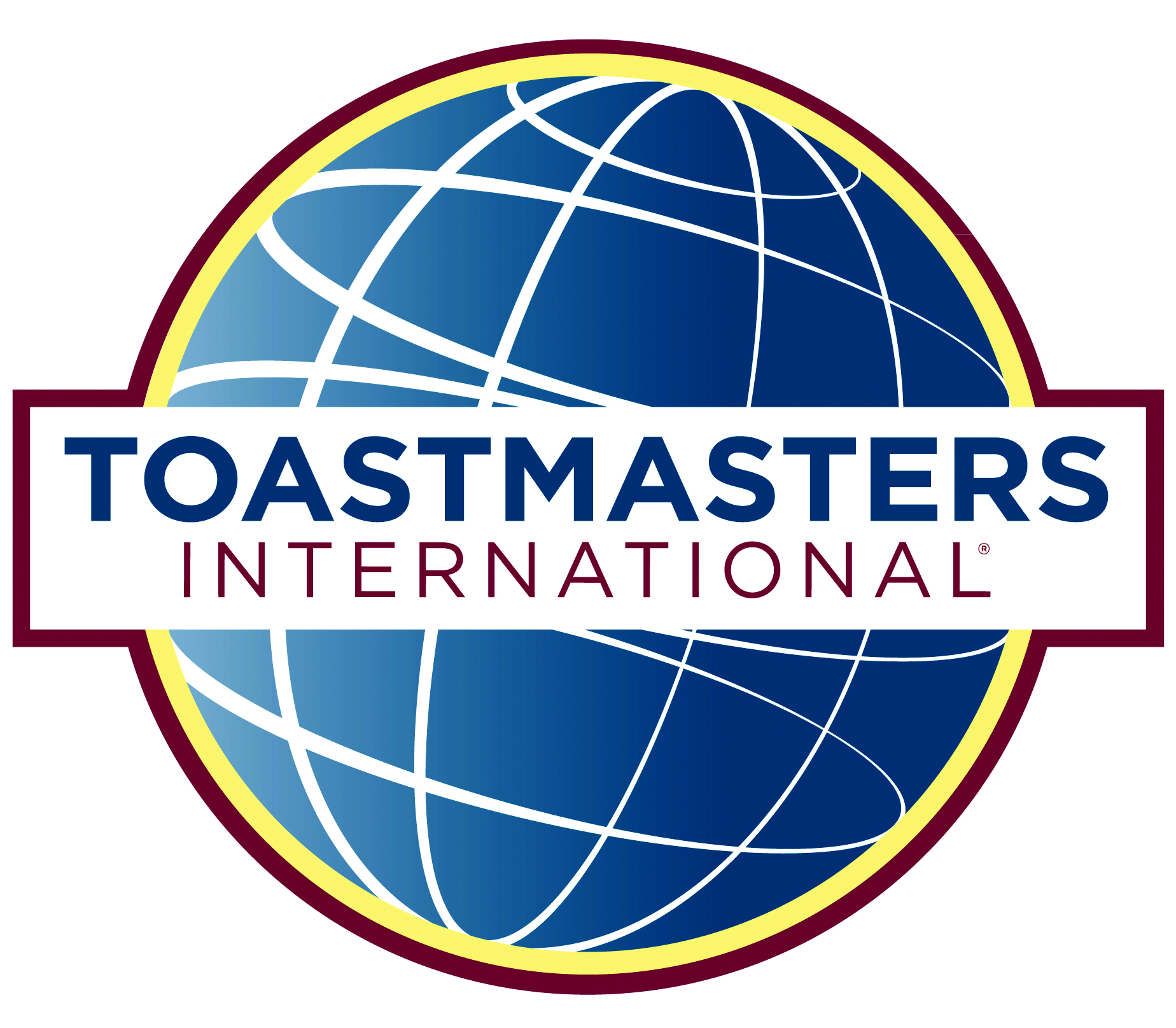 What do Harry Potter and the Philosopher’s Stone and Star Wars have in common?
What do Harry Potter and the Philosopher’s Stone and Star Wars have in common?
They’re the same story.
Okay, they’re not exactly the same story, but they’re so similar in structure that you may have seen a meme doing the rounds of the internet that goes like this:
An orphan—Harry Potter/Luke Skywalker—discovers his true destiny when his parents/aunt and uncle are killed. He is drawn into an amazing adventure by a mentor—Hagrid/Obi Wan Kenobi—who teaches him how to use his magic wand/light sabre. He uses magic/the Force to eventually overcome Voldemort/Darth Vader and fulfil his destiny to become a wizard/Jedi Knight.
Joseph Campbell, an expert in mythology, spent his life researching thousands of myths and stories from all over the world, and came to the realisation that they all shared certain similarities. He called this story structure the monomyth; and Star Wars and Harry Potter are excellent examples.
Briefly, a hero is called upon to journey on a quest to face impossible odds. The hero rejects the call but eventually agrees to the journey. On the hero’s travels, he/she encounters many foes, but makes friends and allies along the way. Eventually, the hero returns to their home, a changed and better person.
Dananjaya Hettiarachchi, the 2014 World Champion of Public Speaking, made reference to the monomyth on his recent visit to Australia. He described a person going on a challenging quest who first faced failure before discovering the life-changing solution.
So, how does all this relate to public speaking?
Many stories—and speeches—are actually heroes’ journeys. They are about change. These changes can be personal, political, emotional, physical… the list is endless.
Think of Martin Luther King Jr.’s I Have a Dream speech. He was talking about a change in racial and social relations. When John F. Kennedy was speaking about sending a man to the moon, he was addressing a change in technology. When Winston Churchill spoke about fighting on the beaches and on the landing grounds, he was talking about a change in military strategy.
The hero’s journey doesn’t need to be about a person going on a quest to a mythical land. Romance stories are heroes’ journeys. Westerns are heroes’ journeys. Comedies are heroes’ journeys. Mysteries are heroes’ journeys. The list goes on.
The first time you fell in love, it was a hero’s journey. The time you went to Italy, it was a hero’s journey. Going to school was a hero’s journey. At the start of these experiences, you were a particular type of person, and by the end you had changed in some fundamental way.
We’re all heroes of our own lives. Everyone faces trials and tribulations, hurdles and barriers, upsets and tragedies that threaten to stop us from achieving our goals. Our own personal quests change us in ways we never imagined.
The next time you struggle to find a speech topic, put yourself at the heart of the story and tell us something from your own journey.
You don’t need to be Luke Skywalker to save the world. – by Darrell Pitt
